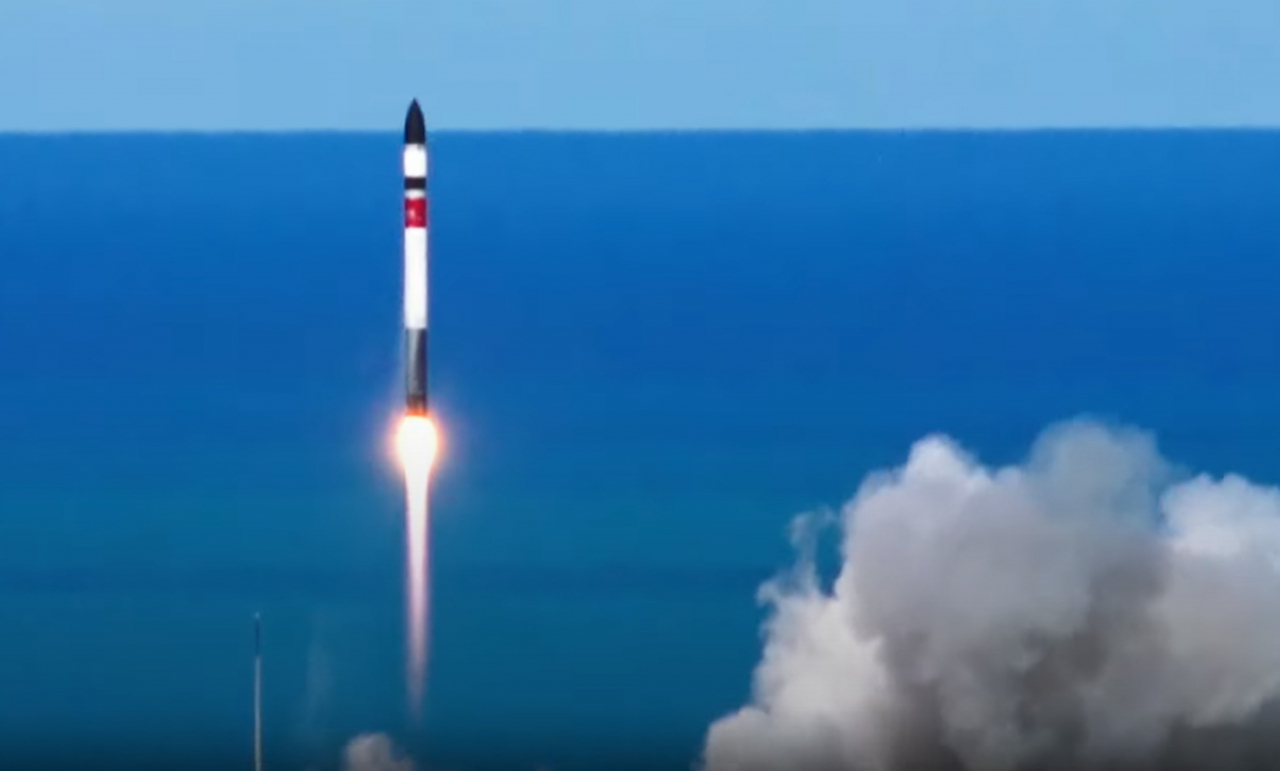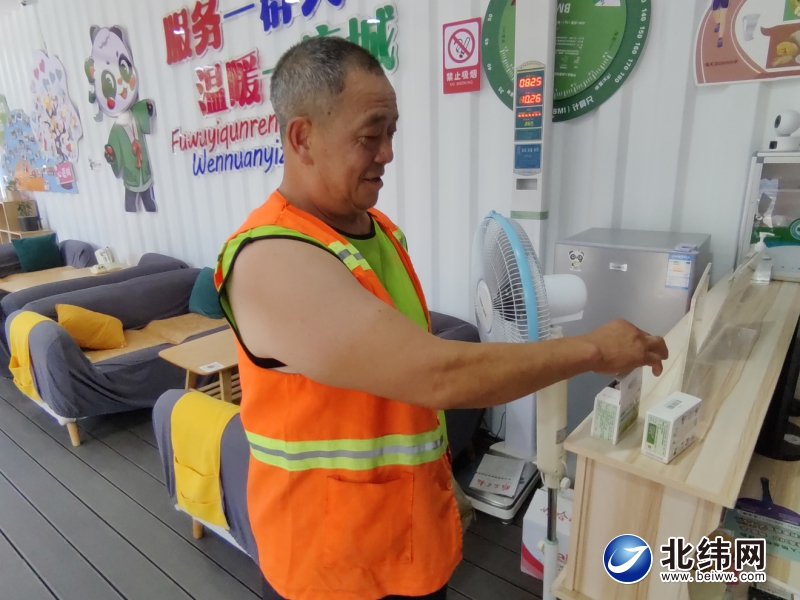
South Korea launched its first homegrown earth observation nanosatellite into orbit as part of the country’s project to create a satellite constellation by 2027, the Science Ministry said Wednesday.
The Earth observation satellite, named NEONSAT-1, lifted off aboard Rocket Lab's Electron rocket from a spaceport in Mahia, New Zealand.
The Ministry of Science and ICT said the satellite was deployed into space at an altitude of 520 kilometers and successfully separated from the launch vehicle at around 8:22 a.m., about 50 minutes after the rocket's launch.
Initially, the launch was set to take place at 7:08 a.m. but was delayed due to a potential risk of collision with another space vehicle. The launch time was postponed to 7:14 a.m., according to the ministry.
The countdown stopped with 12 minutes remaining to resolve a ground system issue during launch preparation, but Rocket Lab resolved the problem and resumed the countdown.
The Science Ministry confirmed that Electron completed the launch process, including pairing with the first-stage engine and separating the second-stage engine, and used the kick stage to insert the satellite into the final orbit.
Around 11:57 a.m., the satellite contacted the state space institute the Korea Aerospace Research Institute’s ground station in Daejeon, South Chungcheong Province, to report its operating status after circling the Earth about twice.
“The overall condition of the satellite was found to be good, with solar panels deployed normally and producing stable power,” an official from the Science Ministry said.
At around 4:30 p.m., the ministry said the satellite communicated with the ground station at Sejong Station in Antarctica at 2:13 p.m. and 3:44 p.m., confirming that two-way communication was normal and the satellite launch was successful.
Developed by the state-run Korea Advanced Institute of Science and Technology for mass production, NEONSAT-1, less than 100 kilograms in weight with a resolution of 1 meter, is the first among 11 nanosatellites to form a satellite constellation to monitor and take images of the Korean Peninsula and its surrounding waters.
NEONSAT stands for New-space Earth Observation Satellite Constellation for National Safety. The launch project was named BTS, short for "The Beginning of the Swarm," by the launch service provider Rocket Lab.
KAIST plans to test the performance of the satellite and optical payload of NEONSAT-1 as originally planned in the orbit of 500 kilometers and above for a month and check the quality of the observation images for five months. When the inspection is completed in November, it is expected to perform Earth observation missions, the Science Ministry said.
With the successful launch of NEONSAT-1, Korea plans to launch five more nanosatellites into space in June 2026 and five more in September 2027 on the homegrown Nuri space rocket.
Afterward, a total of 11 satellites will capture optical images with a resolution of about 1 meter from an altitude of 500 kilometers for about 3 years.
It is expected that the establishment of a high-frequency, high-precision and real-time surveillance system using the nanosatellite constellation will provide an opportunity to improve the country’s national security and the speed and accuracy of disaster response.
Lee Chang-yune, the first vice science minister in charge of science and technology policies, attributed the success of the first satellite launch to the concentration of industry, academia and research capabilities throughout the entire development, production and launch process.
"We plan to develop follow-up satellites without a hitch in line with the new space era to further strengthen Korea's space technology competitiveness and continue to foster the space industry," he said.


 相关文章
相关文章




 精彩导读
精彩导读




 热门资讯
热门资讯 关注我们
关注我们
